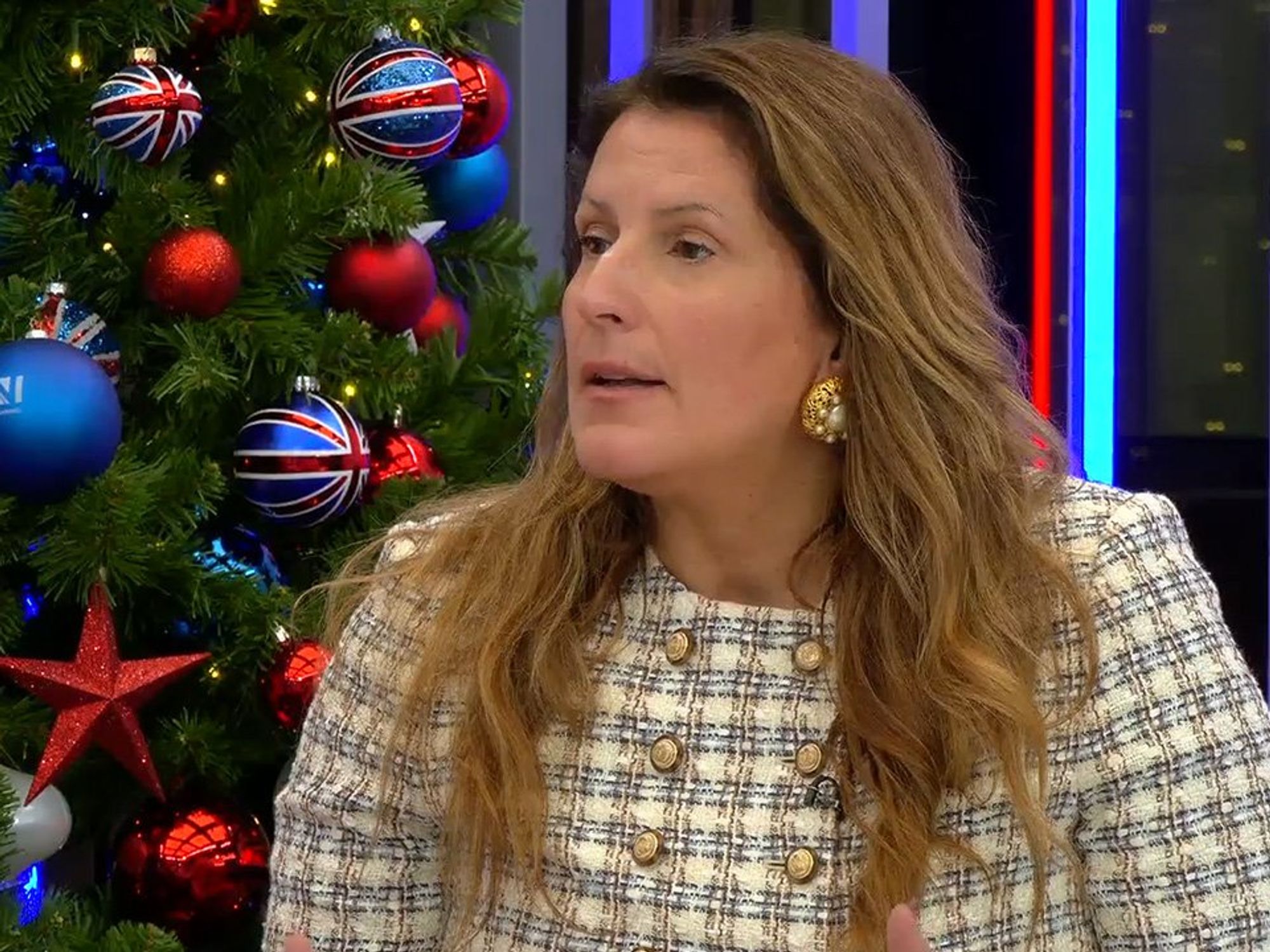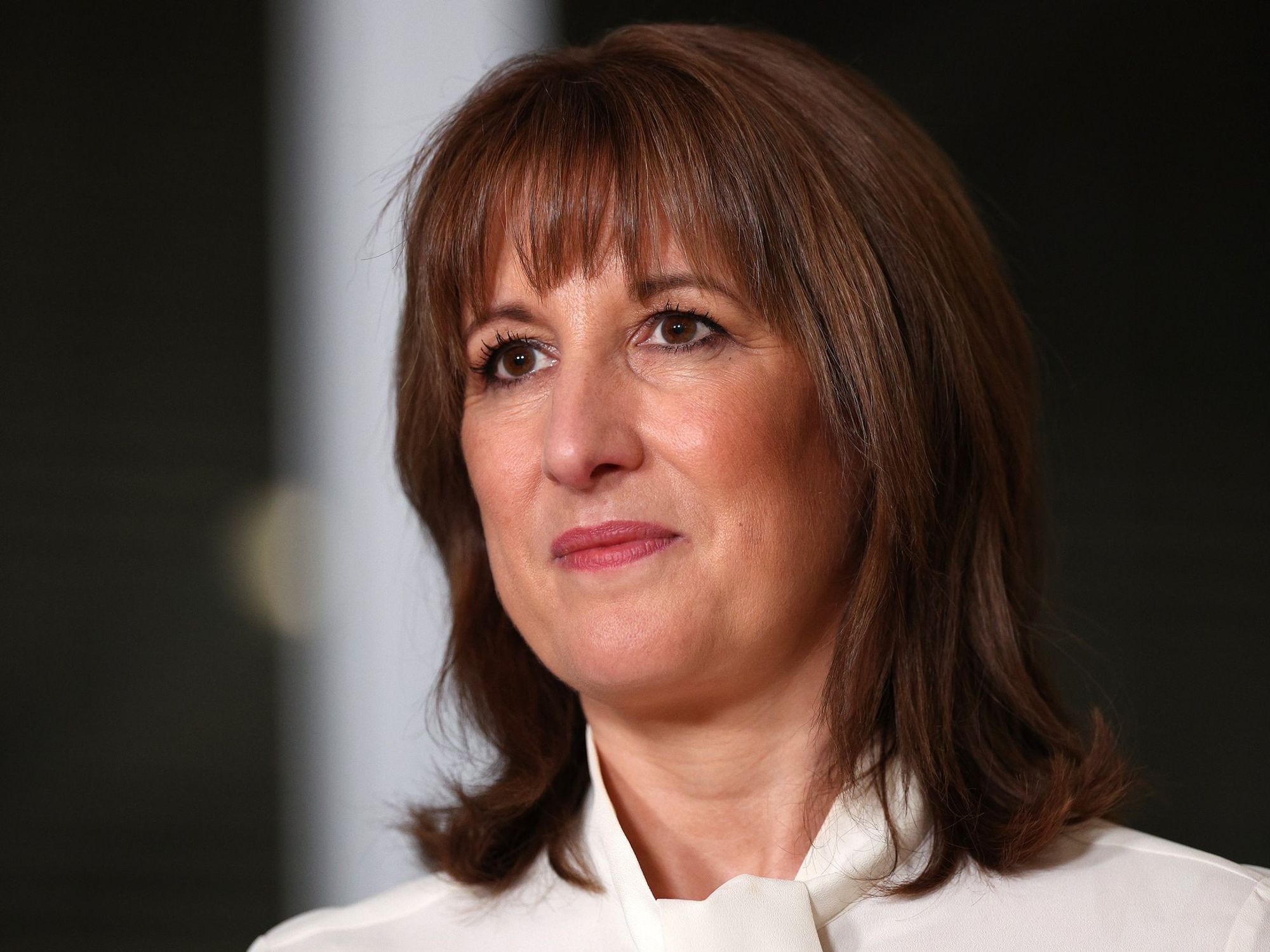How Britain became addicted to painkillers: Inside the UK's hidden epidemic
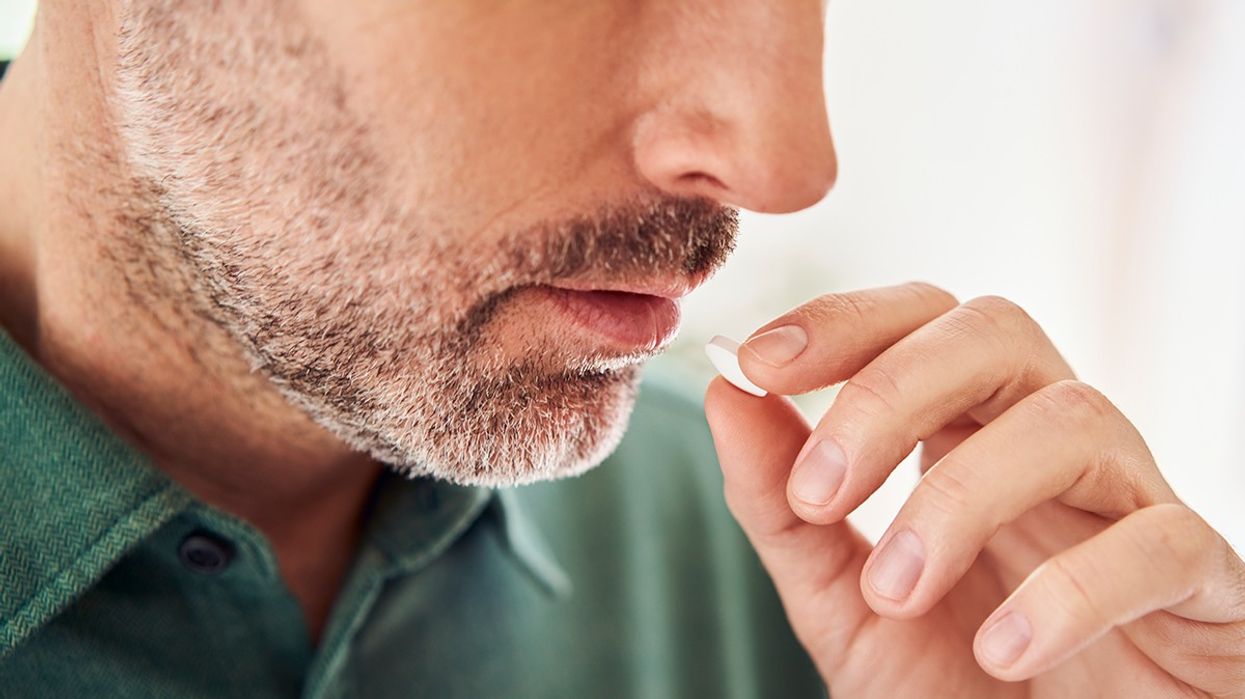
Shocking new data shows 16 percent of Britons are taking painkillers every four hours for their aches and pains
|Getty Images

GB News lifts the curtain on a worrying trend that has many causes - and no obvious solutions
- Over one-in-ten Britons rely on painkillers to get through the day
- A multitude of factors are behind this trend
- Despite efforts to reduce reliance, painkiller use remains high
Don't Miss
Most Read
It is often said that when America sneezes, the world catches a cold.
Fortunately, the UK has not inherited its devastating opiod crisis, but it does have a growing problem on its hands.
New data suggests that 13 percent of Britons are reliant on taking painkillers just to get through the day, with 16 percent popping them every four hours.
The problem has myriad causes, so it will have to be fought on multiple fronts.
Overprescribing is thought to be one piece of the puzzle: almost 40 million powerful prescription painkillers were distributed to patients in England in 2022/23 alone.
Many of these opioid drugs contain morphine, tramadol and fentanyl and all can be highly addictive.
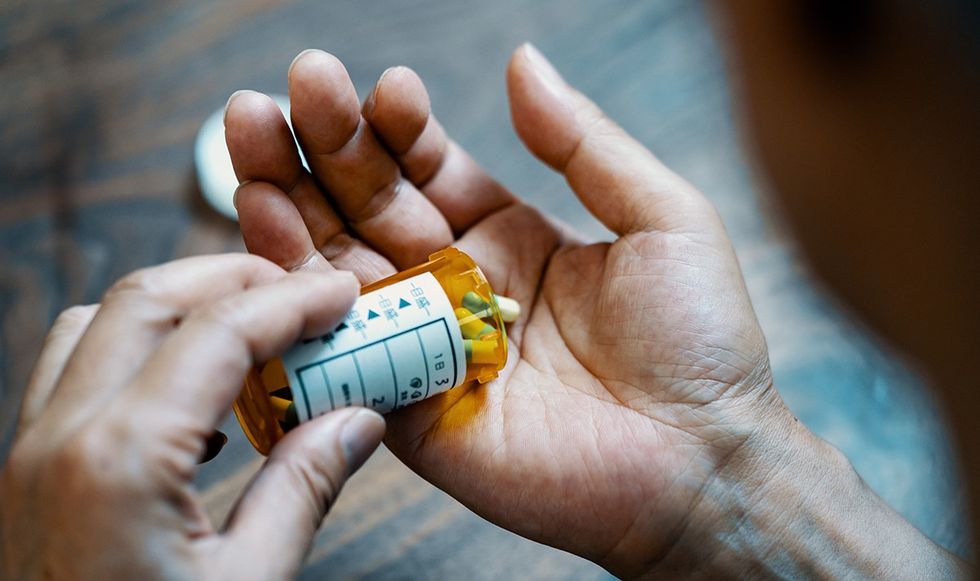
One doctor claims "inadequate pain control education for doctors" is leading to overprescribing
|Getty Images
The NHS is pushing to prescribe less pills - guidelines have been changed and the numbers are falling, yet painkiller use remains stubbornly high.
Doctor Naheed Ali attributes this over-medicalisation to "inadequate pain control education for doctors" and "limited access to holistic therapies often not covered by NHS or private insurance", such as physical rehab or acupuncture.
This limited access is leading vulnerable Britons down a "slippery slope of physiological and psychological dependence", claims lyssa Roberts, a practicing psychologist and Clinical Research Professional at the University of Minnesota.
Although Ms Roberts is viewing the problem from across the pond, the UK statistics do not surprise her as she's met "far too many patients burdened by unrelenting physical and emotional suffering", adding that she's "seen time and again how opioids elevate the risks of developing misuse or full-blown addiction issues over time".
It also speaks to how overstretched the healthcare system is, says Surrey-based physiotherapist Tim Allardyce.
Indeed, there are over 350 million GP appointments in the UK each year and the average time for a GP appointment is ten minutes.
"GPs are unable to easily refer into these services due to long waiting lists, and have little option to prescribe painkillers and anti-inflammatories," he lamented.
And then there's big pharma. Doctor Ali blames the industry's "aggressive marketing" campaigns, which he claims have "historically pushed pills as the primary solution, sometimes downplaying the risks associated with long-term use and the potential for dependency".
Mind over matter
Others emphasise the psychological dimension to painkiller addiction.
According to senior therapist Sally Baker, Britons addicted to over-the-counter pain relief can "fool themselves" into thinking their habit is benign, especially when bombarded with popular depictions on TV, such as Netflix's Painkiller, a dramatisation of America's opioid crisis.
"These are not the infamous opiate drugs they see mentioned in documentaries or on the news, however misuse is a serious health concern," warned Ms Baker.
Over-the-counter options also give users a "feeling of autonomy" and "control", which they often do not feel when trying to access medical services, she says.
Furthermore, the problem is cultural, as Doctor Ali puts it: "A stiff upper lip makes for poor medicine."
LATEST DEVELOPMENTS
'I was diagnosed with high cholesterol after a work colleague made a comment about my face'
Talking speed could be an early warning sign of dementia
UK drug regulator set for major probe after 'failing to act on Covid vaccine issues'
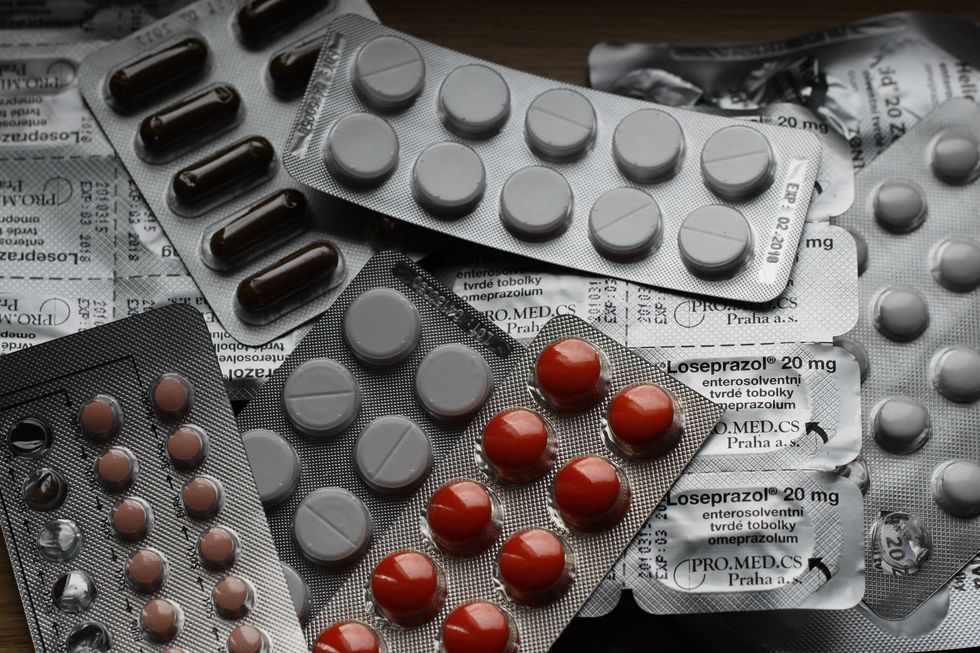
Over-the-counter options also give users a 'feeling of automony', according to one therapist
| PEXELSHe explained: "Reluctance to air health struggles runs deep in British culture, embodied by the 'keep calm and carry on' mantra. But behind closed doors, countless Britons self-soothe chronic pain rather than seeking clinical care."
A recent survey puts the number at more than one-in-ten, with 12 percent saying they do not feel the effects of painkillers anymore when taking the recommended dose.
However, there are reasons to be optimistic. The same survey found that 17 percent of Britons would rather treat their pain through holistic methods than traditional medicine.
Indeed, Mr Allardyce, the physiotherapist, suggests business is booming at his clinic.
"The good news is that many people are now turning away from prescription drugs due to the worrying side-effects, and seeking alternative healthcare such as physiotherapy, osteopathy and acupuncture for joint, muscle and body pains."
If Britain does manage to kick its addiction to painkillers, it begs the question: what will replace it?






